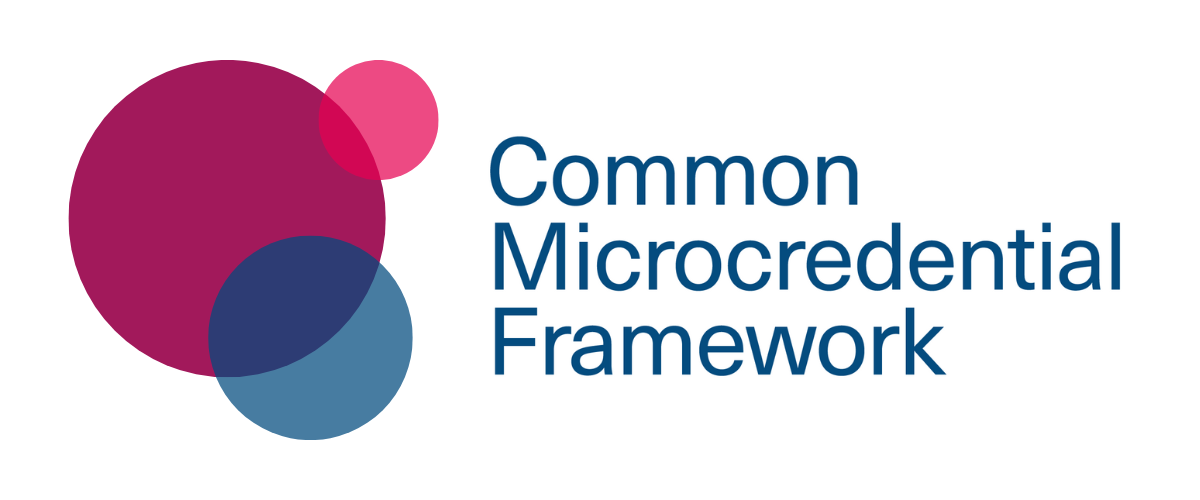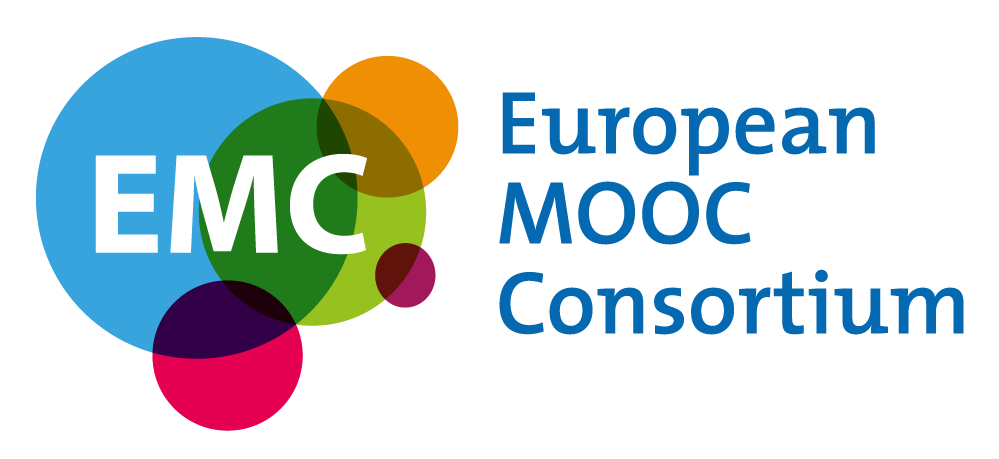Microcredentials

A growing number of the courses on the OpenupEd portal offer microcredentials. Microcredentials are a flexible way to enhance job prospects and continuous professional development.
Simply put, microcredentials certify the learning outcomes of short-term learning experiences, for example a short course or training. They offer a flexible, targeted way to help people develop the knowledge, skills and competences they need for their personal and professional development (European Commission, 2021).
However, an official, widely shared definition is not yet available. For this reason, the European Commission has recently published a proposal for a Council Recommendation on micro-credentials, in which it recommends a common definition of micro-credentials for all EU Member States, standard elements for their description; and key principles for their design and issuance.
Microcredentials are offered by a variety of providers. You can think of education and training institutions and organisations, social partners, employers and industry, civil society organisations and national authorities. Given their flexibility, micro-credentials can be provided in many different formal, non-formal and informal learning settings. (European Commission, 2021)
Microcredential programmes provide the learner a very focused curriculum. It offers a flexible, targeted way to help them develop the knowledge, skills and competences they need in a professional environment.
Microcredentials can help employers to identify job candidates with the right skills, or provide the right type of focused training to their employees.
For Higher Education Institutes (HEIs), microcredentials are a great way to repackage traditional offerings to prepare more work-ready graduates (Mark Brown & Mairéad Nic Giolla Mhichil, 2021).

The Common Microcredential Framework (CMF) is developed by the European MOOC Consortium. CMF uses the European Qualification Framework (and other national qualification frameworks of recognised universities) to provide high-quality courses that award academic credit.
Courses can be awarded by CMF if they meet the following specifications:
- Has a total workload (or study time) of 4-6 Ects (100-150 hours), including revision for, and completion of, the summative assessment.
- Be levelled at Levels 6-8 in the European Qualification Framework or the equivalent levels in the university’s national qualification framework, or be levelled at Level 5 and fulfil the criteria of the European Credit Transfer and Accumulation System.
- Provides a summative assessment that awards academic credit, either directly following successful completion of the microcredential or via recognition of prior learning upon enrolment as a student on a university’s course of study.
- Uses a reliable method of ID verification at the point of assessment that complies with the recognised university’s policies and/or is widely adopted across the platforms authorised to use the CMF.
- Provides a transcript that sets out the learning outcomes for a microcredential, total study hours required, EQF level, and number of credit points earned.
Read more on this dedicated page.

Are you designing, piloting and implementing microcredentials on an institution-wide basis or at a national level?
Check our webinar week on the topic, or contact for more information.
The Microcredential Monitor

In the ever-evolving landscape of education and professional development, microcredentials have emerged as a transformative force, offering learners flexible pathways to acquiring new skills and knowledge.
EADTU, in collaboration with the European MOOC Consortium (EMC) and the MCE project (Modularisation of Continuing Education and professionalisation by Micro-credentials), presents the Microcredential Monitor, aimed to observe the microcredential landscape within Europe.
Visit the Monitor for the latest updates on important reports, policy initiatives, and research publications related to the growth of micro-credentials in higher education and lifelong learning.

OpenupEd & EMC
OpenupEd is a proud partner of the European MOOC Consortium (EMC). As a pioneer in promoting MOOCs, OpenupEd aligns with EMC's mission to advance accessible, high-quality education across Europe. Together, we collaborate on initiatives such as the Common Microcredential Framework (CMF) and the promotion of innovative, learner-centered approaches to education. Through this partnership, OpenupEd contributes to shaping the future of lifelong learning and digital education in Europe.
Check out EMC's Microcredential Offerings here!
Subscribe to the
OpenupEd Newsletter
General
Community
Funded by the European Union. Views and opinions expressed are however those of the author(s) only and do not necessarily reflect those of the European Union or the European Education and Culture Executive Agency (EACEA). Neither the European Union nor EACEA can be held responsible for them.


